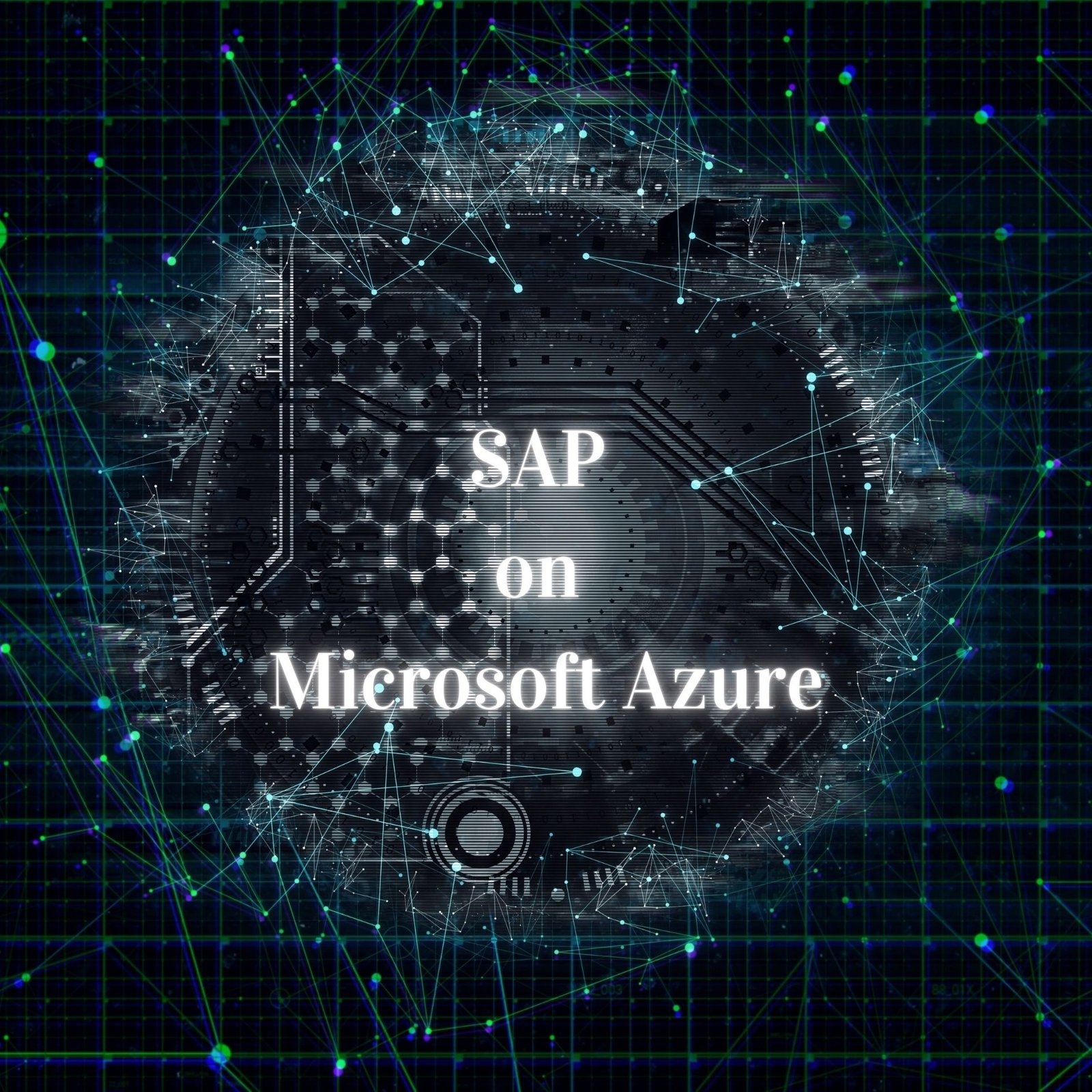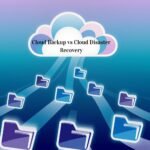Table of Contents
In today’s digital-first landscape, businesses need robust systems to stay competitive. The combination of SAP and Microsoft Azure offers an unparalleled platform for enterprises aiming to modernize and innovate. This partnership delivers scalability, performance, and advanced tools to power digital transformation effectively.
Introduction to SAP and Microsoft Azure
What is SAP?
SAP, an acronym for Systems Applications and Products, stands as a worldwide leader in enterprise software solutions. It offers Enterprise Resource Planning (ERP) systems that help organizations manage business processes across finance, supply chain, human resources, and more. Businesses rely on SAP for its ability to centralize data, improve efficiency, and provide real-time insights crucial for decision-making.
What is Microsoft Azure?
Microsoft Azure is a flexible cloud computing platform offering a wide array of services, such as computing power, analytics, storage, and networking. Built for flexibility, it supports multiple programming languages and frameworks to meet diverse business needs. Enterprises benefit from its global infrastructure, ensuring high availability and security for mission-critical workloads.
The Collaboration Between SAP and Microsoft Azure
The partnership between SAP and Microsoft Azure connects enterprise software with cloud technology. By running SAP applications on Microsoft Azure, businesses gain access to scalable, reliable, and secure infrastructure. The partnership also focuses on simplifying migrations, improving performance, and integrating AI tools to enhance SAP’s capabilities.
Benefits of Running SAP on Azure
Enhanced Scalability
One of Azure’s standout features is its ability to scale resources dynamically. Whether a business is expanding operations or handling seasonal spikes in demand, Azure ensures uninterrupted performance for SAP applications.
Improved Performance
Microsoft Azure’s advanced data centers ensure low latency and fast processing times for SAP workloads. This is particularly important for enterprises that rely on real-time data for decision-making.
Cost-Effectiveness
Microsoft Azure’s pay-as-you-go model allows businesses to optimize costs. Companies can avoid hefty investments in on-premise infrastructure, paying only for the resources they use.
Advanced Security Features
Microsoft Azure boasts world-class security protocols, including multi-layered protection and AI-driven threat detection. This ensures SAP data remains secure and complies with industry standards such as GDPR and ISO 27001.
Key Features of SAP on Azure
High Availability and Disaster Recovery
Azure’s disaster recovery capabilities ensure uninterrupted business operations. Automated backups and geographic redundancy minimize downtime and data loss.
AI and Analytics Integration
By integrating Azure’s AI tools, businesses can extract deeper insights from SAP data. From predictive analytics to automated reporting, these tools empower smarter decision-making.
Compliance and Certifications
Azure supports numerous compliance standards across industries, making it a trusted platform for businesses operating in heavily regulated environments.
Migration Strategies for SAP to Azure
Assessment and Planning
Before migrating SAP to Azure, businesses need to evaluate their existing IT environment. Identifying key systems, data dependencies, and workloads helps create a roadmap for migration.
Choosing the Right Migration Approach
Two common strategies for migration are:
1. Lift-and-shift: Transferring existing systems to Azure with minimal modifications.
2. Transformation: Redesigning systems to leverage Azure’s advanced capabilities fully.
Best Practices for Migration
1. Use Azure’s migration tools for seamless data transfer.
2. Conduct performance testing to identify bottlenecks.
3. Train staff to manage Azure-based SAP systems effectively.
Industry Use Cases
Retail Sector
Retailers use SAP on Azure to optimize supply chain operations, ensuring timely deliveries and efficient inventory management.
Financial Services
Banks and financial institutions benefit from SAP on Azure through advanced analytics, enabling accurate forecasting and regulatory reporting.
Manufacturing Industry
Manufacturers leverage real-time data processing capabilities to streamline production processes and improve operational efficiency.
Challenges of Running SAP on Azure
Initial Migration Complexity
Migrating SAP systems to Azure can be complex, especially for large enterprises with extensive on-premise environments. Ensuring data integrity and minimizing downtime during migration requires meticulous planning and skilled expertise.
Cost Overruns
While Azure offers a cost-effective model, unexpected expenses can arise during migration, such as over-provisioning resources or delays in implementation. Proper budgeting and constant monitoring are crucial to prevent cost overruns.
Skill Gaps
Integrating SAP with Azure demands specialized skills. IT teams need training to manage cloud infrastructure and optimize SAP applications within Azure’s ecosystem, which can create a potential challenge for businesses new to cloud environments.
Tools and Services Offered by Microsoft for SAP on Azure
Azure Monitor for SAP
Azure Monitor allows for real-time monitoring of SAP systems, enabling swift detection and resolution of performance issues. It delivers valuable insights into usage trends, system health, and potential security vulnerabilities.
Azure Backup and Restore
Azure’s robust backup solutions safeguard critical SAP data. The automatic backup feature simplifies data protection, while restore capabilities ensure business continuity during unexpected events.
Azure Logic Apps
Azure Logic Apps allow businesses to automate workflows between SAP and other systems. For instance, companies can automate the flow of customer data between SAP and CRM tools, improving efficiency.
Future Trends in SAP on Azure
Rise of Hybrid Cloud Solutions
As hybrid cloud models gain traction, businesses are increasingly combining on-premise and cloud-based SAP deployments. Azure’s hybrid features allow organizations to retain control over sensitive data while taking advantage of the scalability offered by the cloud.
Increasing Role of AI in ERP
AI-powered tools are transforming ERP systems, and SAP on Azure is at the forefront of this revolution. From automated financial forecasting to intelligent supply chain management, AI-driven enhancements are reshaping enterprise processes.
Expansion into Emerging Markets
With Azure’s global reach, businesses in emerging markets can adopt SAP systems to drive innovation and competitiveness. Azure’s infrastructure ensures consistent performance across geographies, empowering companies in these regions to scale rapidly.
Steps to Get Started with SAP on Azure
Evaluating Your Current IT Landscape
The first step is to assess your organization’s IT environment. Understanding infrastructure limitations, data dependencies, and system requirements is essential to ensure a smooth transition to Azure.
Engaging with Azure Experts
Microsoft offers a range of expert support services to guide businesses through SAP migration. Leveraging these resources ensures access to best practices and specialized knowledge.
Running a Proof of Concept
Testing a small-scale deployment of SAP on Azure is crucial to identify potential challenges and validate performance. A successful proof of concept builds confidence for a full-scale migration.
Why SAP on Azure is a Game-Changer
Accelerating Digital Transformation
SAP on Azure empowers organizations to adopt digital tools faster, facilitating innovation and improving agility. This combination enables businesses to respond swiftly to market demands and customer expectations.
Building a Resilient IT Ecosystem
Azure’s reliability ensures business continuity even during unforeseen disruptions. Coupled with SAP’s robust capabilities, enterprises can maintain operations seamlessly while adapting to new challenges.
Enabling Global Business Expansion
Azure’s global infrastructure streamlines operations for multinational companies, enabling seamless functionality across borders. The platform provides consistent performance and compliance support, helping businesses scale internationally without compromising efficiency.
Conclusion
Integrating SAP with Microsoft Azure is transforming how businesses operate, offering a scalable, secure, and efficient platform to support digital transformation. From enhancing operational efficiency to enabling innovation through AI and analytics, this collaboration represents the future of enterprise technology. By adopting SAP on Azure, organizations can not only meet current demands but also position themselves for long-term success in a competitive market.










